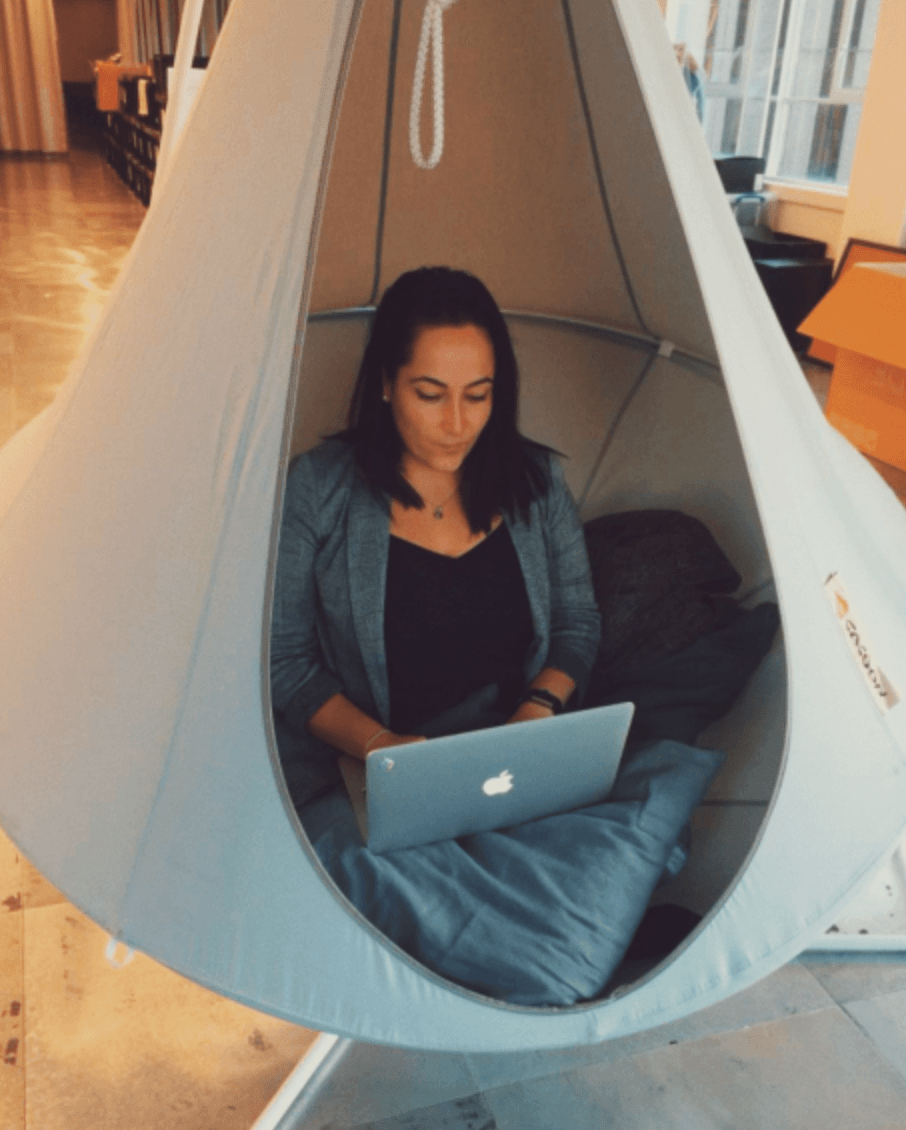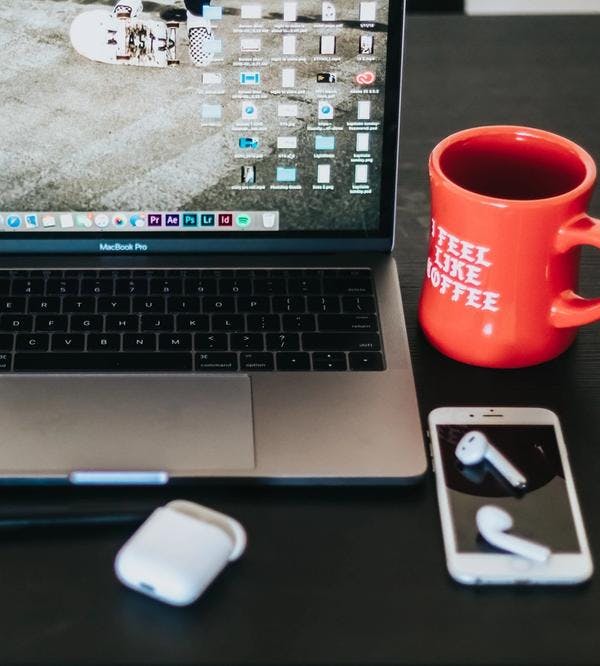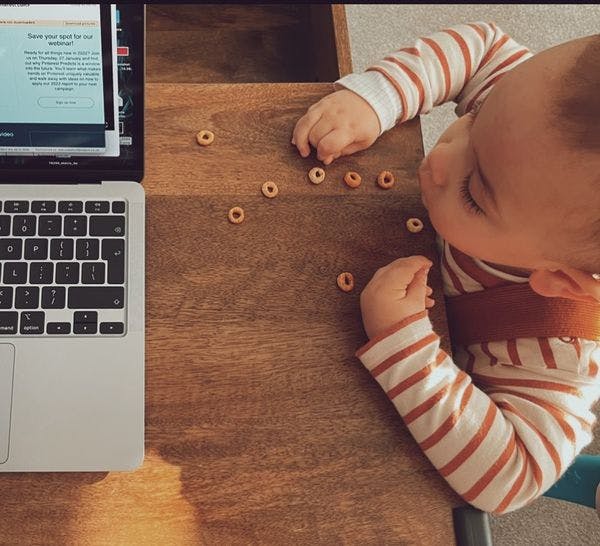So I got a new job…
Yay me!
My employment contract with my current company was coming to an end, and even though I got offered to be extended, I really thought it’s time for a change and a new challenge.
And new challenge is exactly what I found! As of January 2019 I will be an Account Manager at one of Birmingham's leading creative marketing agencies. I am super thrilled!
While I was looking for a new opportunity though and also while talking to a couple of friends who too were in the throes of applying for new roles, I came to realise that interviewing for a new job can be quite stressful. I am a fairly confident interviewee and I am happy to report that my success rate is quite high as well. Out of all the jobs I’ve ever interviewed for I only ever didn’t get 1.
So as I was talking to my friends about what I’d recommend they do in a job interview I came to realise that maybe others would benefit from hearing it too.
So if you’re about to go for an interview with a company or if you’re just starting to look for a new job keep reading. The below tips may just help you land your dream job!
Tell me a little bit about yourself - Interviewers love this question and interviewees hate it. I personally think that this is the perfect opportunity to sell yourself. Don’t forget that the person isn’t asking about your life story but rather your employment history. Talk about your previous roles and what they taught you. Mention the challenges you faced and how you resolved them. This is the time to explain how your previous roles have prepared you for the role you’re applying for. What you say is just as important as how you say it. Be confident. You should be comfortable talking about your previous roles. I’d recommend you write out a paragraph before the interview and you practice it, like a speech. It shouldn’t sound like you’ve learned it off by heart but it should flow. Don’t go into too much detail but don’t be too brief either. Make sure you spend the most time talking about your last role.
Play to your strengths while acknowledging your weaknesses - Own up the skills you don’t have but tell the interviewer how you will make up for them. What are you really good at? I for one am a fairly quick learner which means that even if I don’t know something, I will be quick to pick it up on the fly. I am adaptable so if I have to work for a company that has an unorthodox structure or a way of doing work that I am not used to, I will adjust fairly easily. What are your strengths? Are you a people’s person? Do you have special technical skills? Make sure you talk about what you can bring to the table but never ever say you can do something if you actually can’t. It will come too bite you in the ass. Guaranteed
Do your homework - It is common knowledge that doing a bit of research before an interview pays off. Learn about the company, what do they specialise in, who are their clients, how long they’ve been in business. Connect with key people on LinkedIn. It will show that you’re doing your due diligence. Maybe even send a friendly note along the lines of ‘Thanks for accepting my invitation to connect! Looking forward to seeing you on ….’ Another thing I tend to do is also stalk the interviewers on social media. Do they mention they like certain books, they’ve watched something interesting on TV recently…? Small nuggets of information like that are great to randomly drop during an interview. It will make them subconsciously feel connected to you. On one interview the hiring manager had posted about how bad train travel was. So I made a joke about waiting for the trains as always, seemingly annoyed and he started laughing as this is something he’s experienced too. Of course, don’t be creepy and go ask them how their aunt’s holiday in Egypt from 3 weeks ago was. Be smart about it.
Prepare questions for the end - At the end of interviews most interviewers give you the opportunity to ask any questions you may have. You should always ask questions and those should be smart and pre-planned. Some of the questions I tend to ask are:
- What made the last person in this position successful? (Depending on what the person answers, it will give you a pretty good idea of what they are looking for in a candidate)
- Would there be any training opportunities? (Shows forward thinking and the desire for growth)
You don’t have to go with these questions necessarily but do think about what you can ask that will show you in good light.
These are a few important things that I’ve picked up in my experience interviewing. All in all preparation is key and feeling comfortable talking about yourself.
Don’t forget that nerves are normal. Even I feel a bit fidgety before an interview but this is why preparation and practicing are so important. Knowing your own story inside and out will give you the confidence you need.
Always remember that you’re good enough, smart enough, skilled enough. For them to call you in for an interview, it means you’re already better than everybody else who applied and didn’t get called in. Don’t undersell yourself.
Finally, don’t forget the basics: arrive 10mins early, dress the part, no unironed shirts or revealing blouses, ladies, tone down the make up, gents - a clean shave can go a long way. After all, we get no second chances at making a good first impression.
Good luck!



